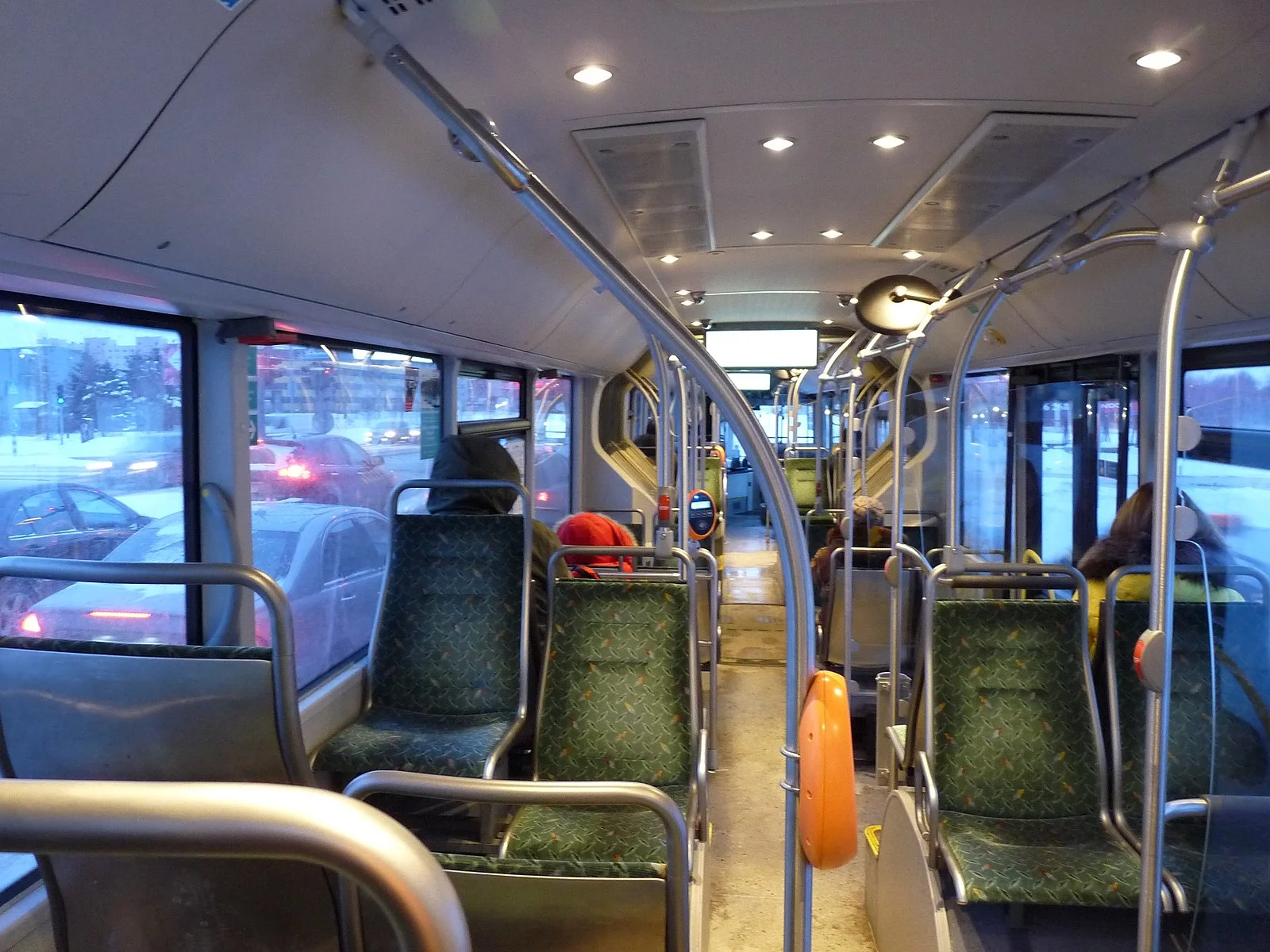What began as a quiet act of care—building benches where none existed—just got the City of Richmond’s official blessing.
Read MoreHere’s how Strong Towns Chicago is making its neighborhoods safer, more pedestrian-friendly and more inviting.
Read MoreBuses are an important part of a city’s transportation system, but they’re considered a mode of last resort for many people. Here’s why it’s important to make bus systems more appealing — and a few ideas on to do so.
Read MoreIt’s hard for people to be excited about something they’ve never experienced before. How can we use positive experiences to change that?
Read MoreWhy don’t the small things get funding?
Read MoreAfter a summer of public outreach, the Seattle Department of Transportation is hearing recurring themes people want for the future of a local street.
Read MoreWhen this Texan city’s bus system fell into decline, local advocates took the next smallest (but highly effective) step toward making their public transit more hospitable: by installing homemade bus benches.
Read MorePlenty of debate swirls around the question of whether or not government services like transit should be "free" to the end user. Here's what's missing from that debate.
Read MoreTwo radically different bus trips highlight a common conundrum for supporters of public transit.
Read MoreStranded with a dying phone and no car, our Neighborhood Storyteller relies this week on public transit and the kindness of strangers to get where she needs to go.
Read MoreJust like last year, we’re facing a bus driver shortage. Some are asking why our kids can’t just walk, bike, or take public transit to school, but the answer isn’t that simple.
Read MoreIt’s not easy to live without a car when you have young children, but it’s certainly possible. Plus, having to walk can help you build unexpected connections with your community.
Read MoreThe Asheville Bench Project is a grassroots, “small-bet” approach to making Asheville a little more people-friendly.
Read MoreThe most exciting advances in public transit in North America are coming from some unexpected places, where they’re figuring out how to achieve more with less. Indianapolis might be the newest to join that club.
Read MoreHow does a transit agency in a car-dominated suburban city double its bus ridership in only twelve years? Through a smart, iterative strategy of placing small bets and learning from the results.
Read MoreOne common argument against conventional public transit is that a transit agency could accommodate the same number of riders in a taxicab or dial-a-ride van. But is that really true?
Read MoreA temporary experiment catalyzed a lasting improvement to transportation in Boston.
Read MoreParents must make a series of trade-offs when choosing schools for their children and figuring out how to get them there.
Read MoreThe only way to successfully improve complex systems is incrementally. Investing tens of millions all at once every 25 to 30 years is a recipe for making a lot of big mistakes.
Read MoreBetter transit is badly needed in the Anaheim region but rather than provide that, the regional government spent millions on a shiny, new auto-oriented facility.
Read More



















